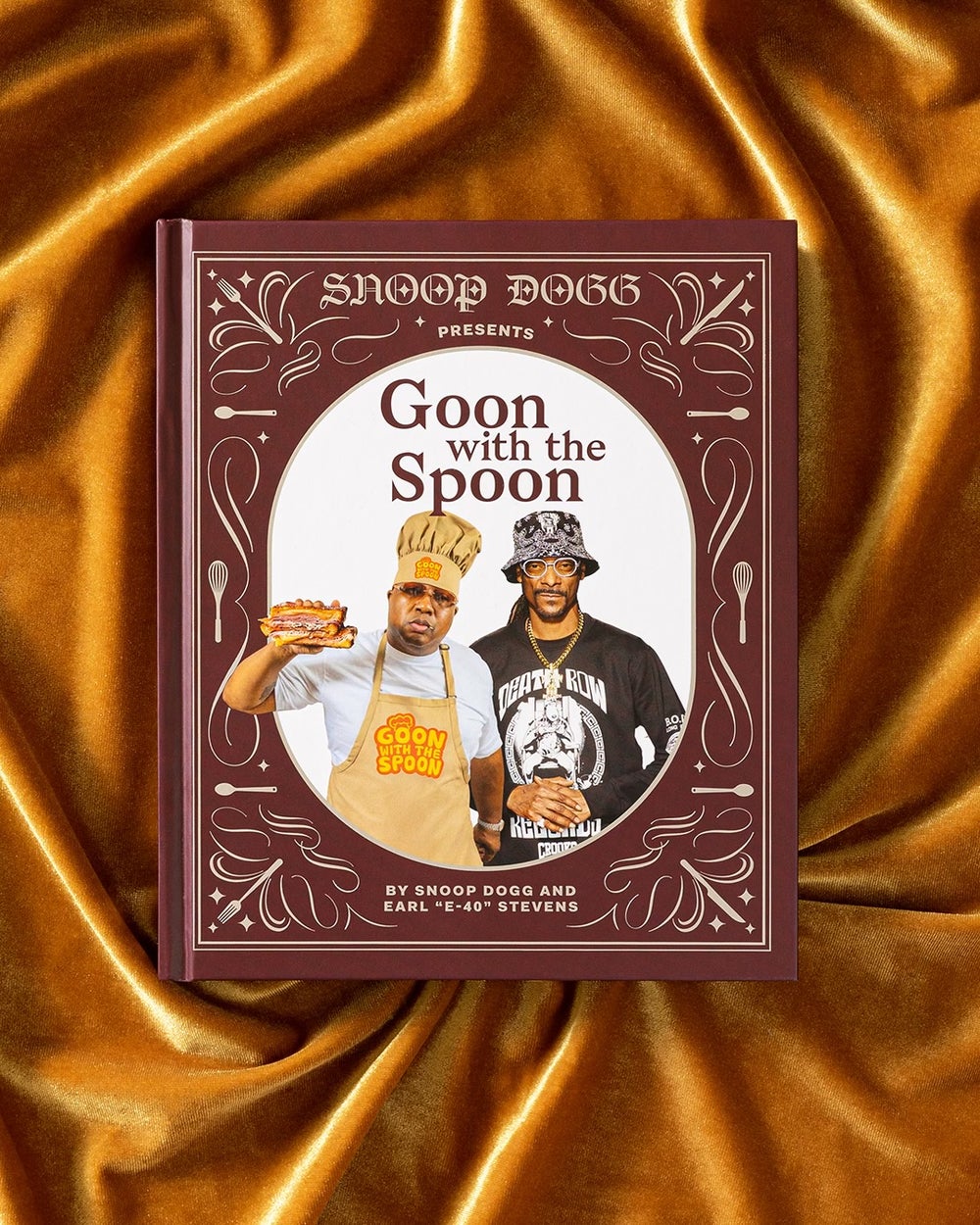How This Legendary Bay Area Rapper Built an Empire — One Hustle At a Time Legendary Bay Area rapper E-40 turned grassroots hustle into a multi-million-dollar music and business empire. From selling tapes out of his car trunk to launching wines, spirits and a bestselling cookbook, he's always cooking something up on and off the mic.
By Leo Zevin Edited by Micah Zimmerman
Key Takeaways
- Here's how Earl Stevens built his brand through community roots and persistence.
- From rap to wine to food, Stevens thrives by diversifying authentically.
Opinions expressed by BIZ Experiences contributors are their own.
A tycoon is defined as a powerful, wealthy figure in business — someone who's achieved dominance in their field. Few in hip-hop embody that term more than Earl "E-40" Stevens, the legendary Bay Area rapper often credited with bringing it into the culture's vernacular.
Before he built a wine empire, launched a bestselling cookbook or created his own line of tequila, E-40 was just a kid from Vallejo hustling tapes out of a briefcase.
"Coming from the streets, I'm glad I listened to my grandma, to the church," Stevens says. "They taught me to give back, stay prayed up, stay positive and leave the negativity behind."
Now, a few decades and a few million dollars later, Stevens is still hustling with heart, always honoring the community that shaped him.
Related: Why the World's Best CEOs Are Training Like Athletes — and How You Can, Too
Out of the trunk
While he's best known for his distinctive Bay Area style and slang, Stevens is as much an BIZ Experiences as he is an artist — if not more. He started rapping at Grambling State University, where he and his friends formed a group called The Drifters and wrote a song that became the school's unofficial anthem.
As his music started to take off, Stevens moved back to the Bay to chase rap full-time. Teaming up with his cousin, brother and sister, he formed MVP and hit the studio to record an EP. But making music was only half the battle — the other half was selling it.
"We had to sell tapes out of the trunk of our car," Stevens says. "They used to call me Briefcase Earl, because I'd always walk around with a briefcase full of consignment sheets and a trunk full of cassettes, vinyl, or CDs."
He remembers going block by block, stopping at liquor shops, auto body garages, barbershops and dropping off tapes on consignment.
As they continued to grow, Stevens and co tried to pitch their music to a local distributor. Unfortunately, one exec wasn't keen on the idea.
"He said my voice was too fast, and that B-Legit rapped like he was reading," Stevens recalls.
Not to be deterred, Stevens sought counsel from his uncle, Saint Charles, a one-time R&B musician himself.
"He grabbed this big ass distribution book, like the size of an encyclopedia," Stevens laughs. "It had listings for all the retail stores that sold rap music."
The group sat down and put together a one-sheet with some basic information about themselves, and began sending it out to record stores along with some tapes on consignment.
"Back then, it might take two or three weeks for the packages to get to places like Nebraska or Texas," Stevens says. "But once they got there and people started playing the tapes in mom-and-pop stores, folks were like, 'Who are these dudes?'"
The group, now called The Click, was beginning to attract national attention, and not long after, the same executive who had said Stevens rapped too fast was calling his uncle to order 5,000 cassettes.
After six years of selling records independently, Stevens and The Click signed a multi-million dollar distribution deal with Jive Records in 1994, and the rest is history. But music is just one piece of the puzzle when it comes to Earl Stevens.
Beyond the booth
As the unofficial ambassador of the Bay Area, Stevens often found himself immersed in the local nightlife. As his fame grew, he built close relationships with club owners — one of whom eventually brought him into the business. That early taste of ownership in the food and beverage world sparked his next venture.
Since stepping into the space in 2013, Stevens has built an empire. Under his "Earl Stevens Selections" label, he's launched over 17 still and sparkling wines, along with a growing portfolio of spirits: E. Cuarenta Tequila, Tycoon Cognac, Kuiper Belt Bourbon, Kuiper Belt Gin and Tycoon Vodka.
He's also created pre-mixed cocktails under the Sluricane brand and introduced a golden lager, E. Cuarenta Cerveza, with more products on the horizon.
In 2021, he expanded into food with the launch of Goon With The Spoon, a brand that now features packaged sausages, burritos, beef jerky and a line of ice creams. Flavors include Cookie Dough, Bourbon Vanilla, Vanilla Bean, Strawberry, Mint Chocolate, Salted Caramel and even Chicken & Waffles.
In November 2023, E-40 released his own cookbook called Goon With The Spoon, which featured his favorite recipes and became a New York Times bestseller.
"It came about naturally," he says. "I'm an adult beverage consumer, and I love cooking and eating. The Lord blessed me with good taste buds and a good voice."

One business particularly near and dear to him is The Lumpia Company, a Filipino food business which he co-owns.
"I grew up in the hillside of Vallejo, where there's a strong Filipino community," Stevens shared. "From a young age, I played ball with a lot of Filipino kids. We'd hang out after games, and sometimes I'd go up the hill to their houses. Their aunties would always be cooking, and there was always lumpia. I became a huge fan of it back then, and to this day, I still am."
Related: How One Firm is Engineering a Sports Revolution
From rapper to business owner, chef to actor, Stevens has become such a multihyphenate that even a wordsmith of his caliber might struggle to list all his titles in one breath.
"I went cold turkey on the streets way back in the day, and I'm glad I did," Stevens says. "I got rewarded a thousand times over. I became a millionaire, a multi-millionaire, at a young age. I'm just grateful to still be doing it in my 50s — at this pace, at this level. And I'm proud I was able to pass the blueprint on to others."










